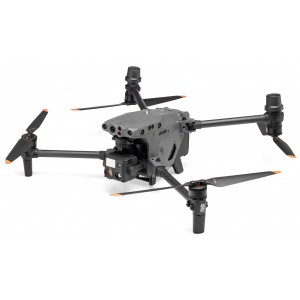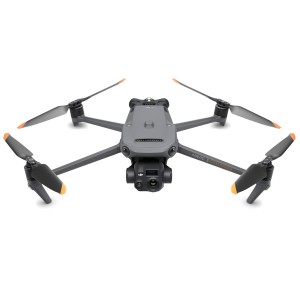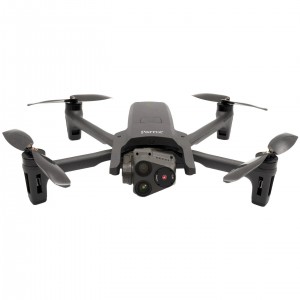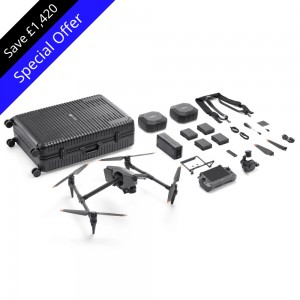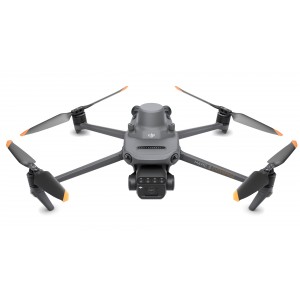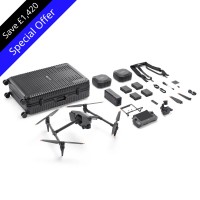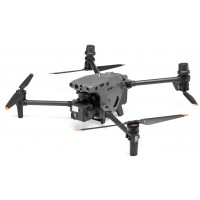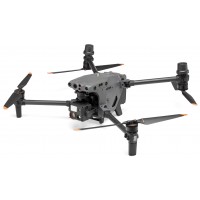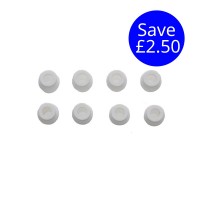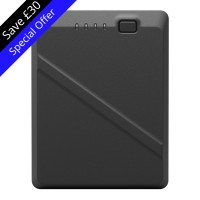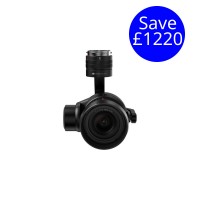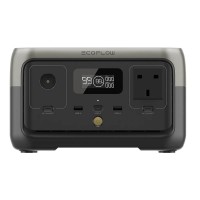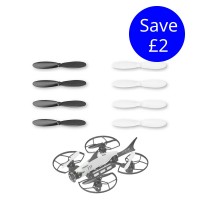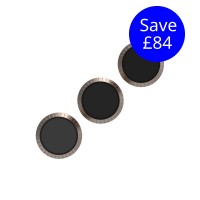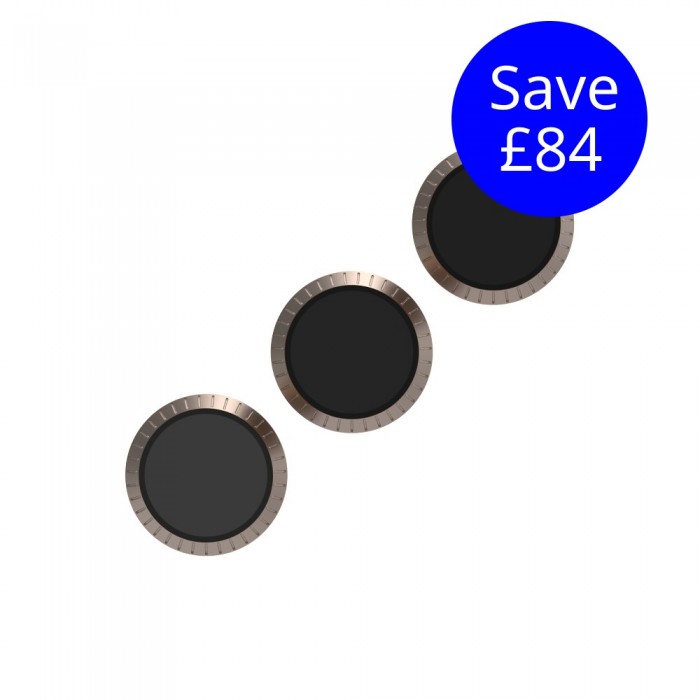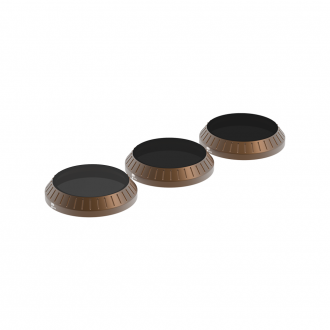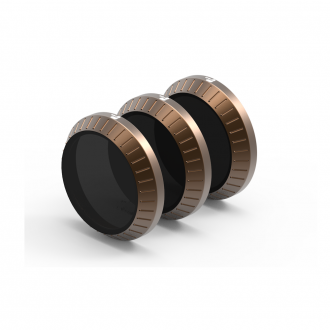PolarPro X4S for Inspire 2 Cinema Series Shutter Filters 3 Pack
- Brand: PolarPro
- Product Code: X4S-CS-SHUTTER
- Availability: In Stock
- £99.99
-
£15.99
- Ex Tax:£13.33
PolarPro X4S for Inspire 2 Cinema Series Shutter Filters 3 Pack
- Precisely engineered for the DJI X4S camera (Inspire 2)
- Cinema Series multi-coated glass for pristine optics
- Feather-light design for smooth gimbal operation
- Includes ND8, ND16 and ND32 filters
- Special edition Cinema Series bronze aluminium frame
- Includes filter hard case
The Shutter Collection is part of PolarPro’s Cinema Series filter line. Featuring the highest grade glass and coatings on the market. The Cinema Series is for pilots who demand the absolute best. The Shutter Collection for the DJI X4S camera contains ND8, ND16, and ND32 filters for reducing the cameras shutter speed, to create a smooth cinematic composition. Each filter is precision threaded to replace the stock UV filter on the X4S camera, reducing the amount of glass you are shooting through. The Cinema Series Shutter Collection for the DJI Inspire 2 X4S comes with a lifetime warranty ensuring they will last.
Cinema Series™ Glass: PolarPro’s filter collection using the highest end glass and coatings for pilots who demand the best. Cinema Series glass has a low refractive index and a high light transmission.
Airframe™ Construction: PolarPro’s filter design specifically for aerial filming. Featherlight construction utilizes a precision threaded aircraft aluminium frame for smooth gimbal operation.
Included Filters:
3-Stop Neutral Density Filter (ND8) (4.24g): The ND8 filter is what we use on partly cloudy to mildly sunny days where we need to knock the shutter down by 3 f-stops to achieve a shutter speed of 1/60th.
4-Stop Neutral Density Filter (ND16) (4.24g): The ND16 filter is what we use on very bright days to reduce shutter speed by 4 f-stops. We generally use the ND16 filter while filming in the desert or over snow.
5-Stop Neutral Density Filter (ND32) (4.24g): On extremely bright days, the ND32 reduces the camera's shutter speed by 5 f-stops. getting shutter speed near 1/60th - 1/50th, allowing you to capture cinematic quality content even in the brightest conditions.When To Use:
The following guideline is a good starting point for when to use each filter while filming with your Phantom 4, Inspire 1, inspire 2 or Mavic. The goal of this chart is to reduce the camera’s shutter speed to 1/60th to give aerial videos a smooth cinematic look, rather than a choppy high shutter speed look. A popular way of filming aerial video is to have your shutter speed at double your frame rate. So, if you are shooting 1080/60, then you want to try to achieve a 1/120th shutter speed. Or, if filming 4K/30 or 24, you will want to be near 1/60th shutter speed.
Filter |
F-Stop |
When to Use |
|
Polariser |
1.6 |
Used in all conditions to help reduce glare when shutter-speed control is not an issue. |
|
ND4 |
2 |
Best used at dawn or dusk when the camera is natively shooting at 1/250th. |
|
ND8 |
3 |
For use when cloudy/mostly cloudy and the camera is shooting at 1/500th. |
|
ND16 |
4 |
Best for partly-cloudy or mostly sunny conditions when the camera is at 1/1000th. |
|
ND32 |
5 |
For use in very bright and sunny conditions when the camera is shooting at 1/1250th. |
|
ND64 |
6 |
Ideal for extremely bright conditions such as mid-day snow, water or desert shots. |
|
ND8/PL |
3 |
Best used of cloudy/mostly cloudy days when polarisation is needed. |
|
ND16/PL |
4 |
For use in mostly sunny flying conditions when polarisation is needed. |
|
ND32/PL |
5 |
Use in extremely bright and sunny conditions when polarisation is also needed. |
Below
are some frequently asked questions from our customers and the
manufacturer, if you have a question please do not hesitate to contact us through the Zendesk chat, email, phone or in person.
Can PolarPro lenses be stacked?
No, they do not have the required threads to allow stacking.
What does an F stop mean?
Doubling the f-number decreases the relative brightness by a factor of four, for more in-depth information see this page.



